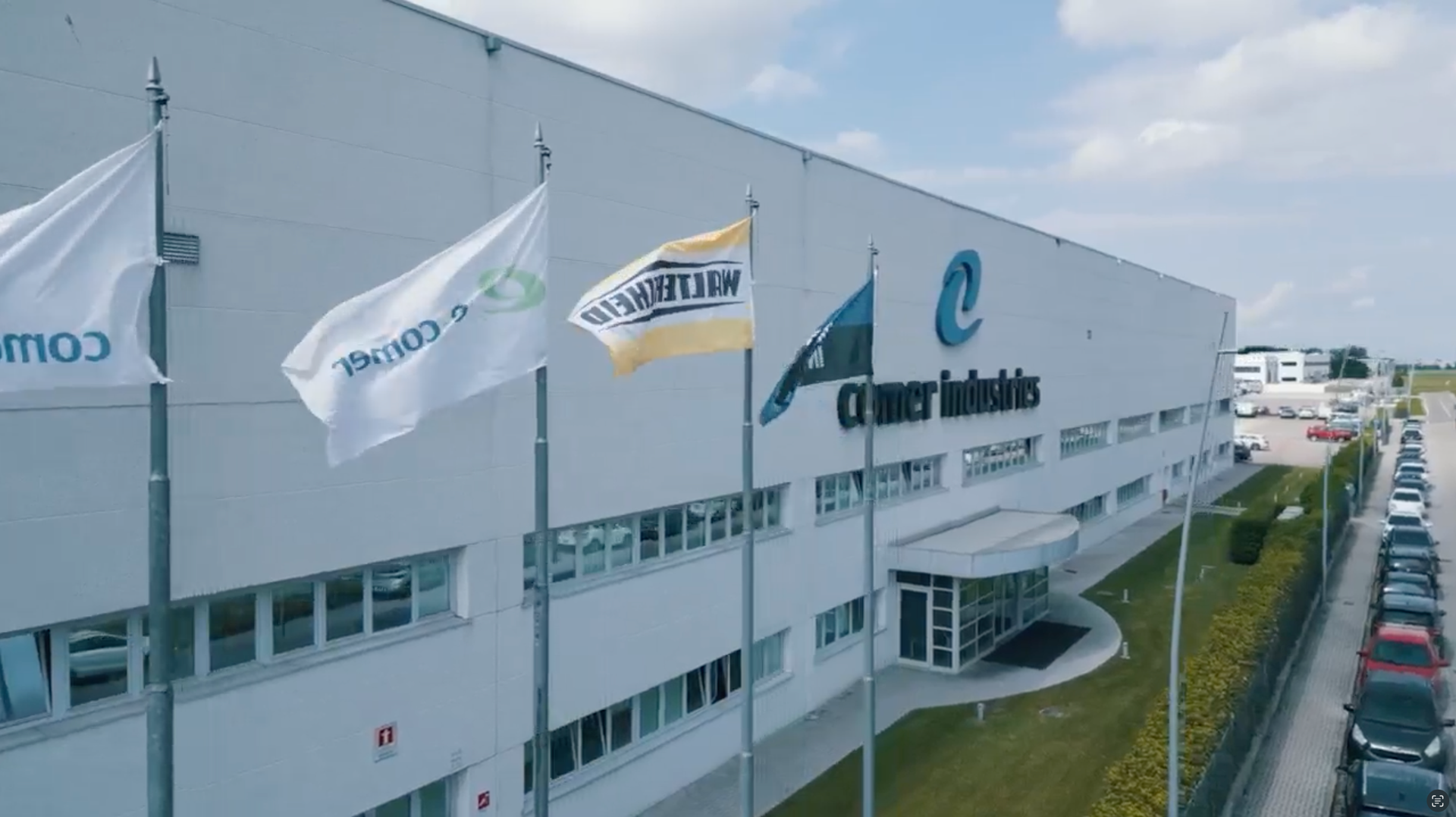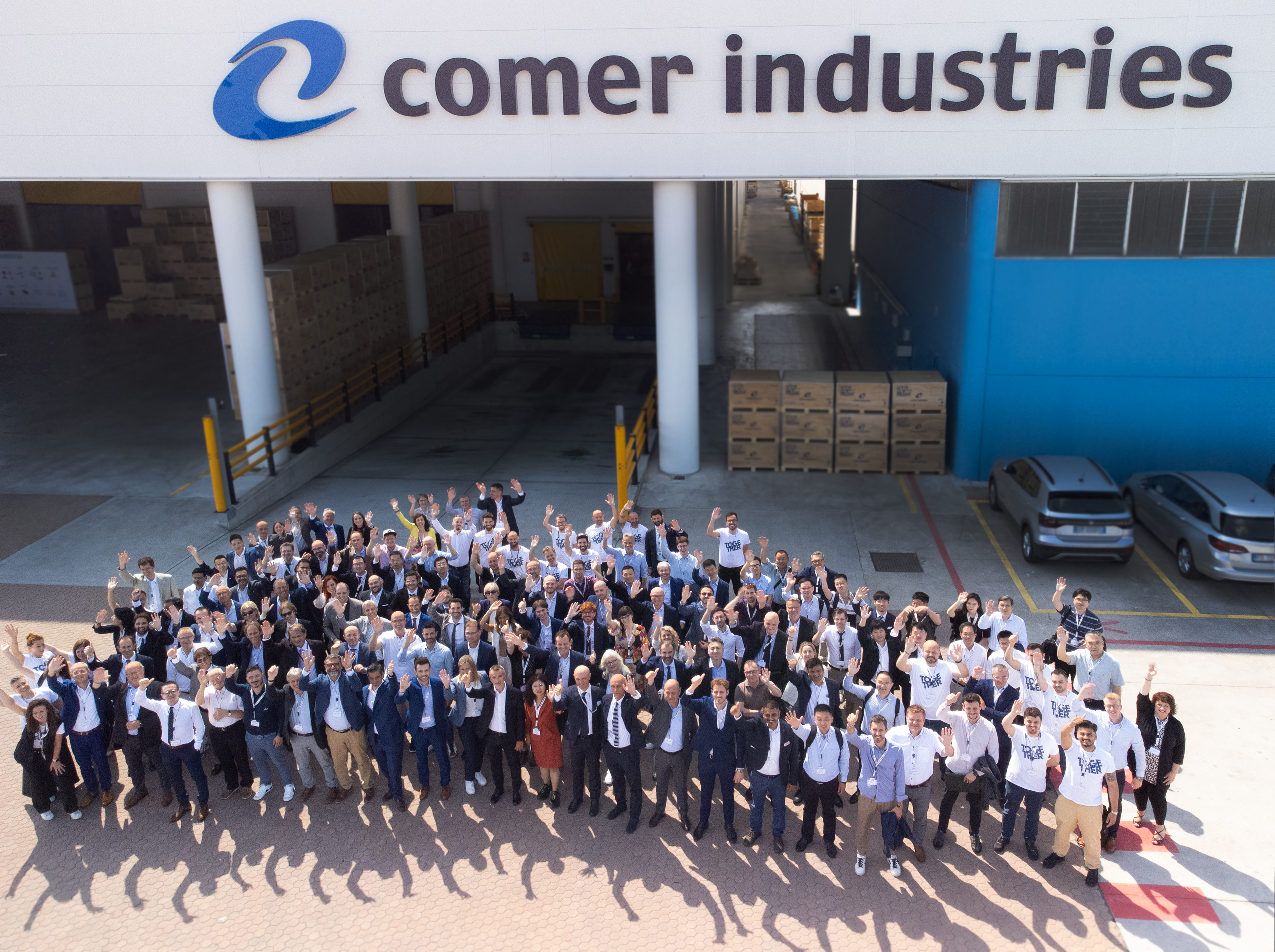
The 2030 Sustainable Development Plan expresses the Company’s commitment and initiatives regarding material topics and sustainability challenges. The strategy is based on five priorities: contributing to climate change mitigation, promoting a circular economy, valuing and preserving human capital, developing sustainability throughout the entire value chain, and maintaining ethical and transparent governance.
The 2030 Sustainable Development Plan aligns with the United Nations Sustainable Development Goals and the principles of the OUR BRIGHT IMPACT program.
Within the 5 pillars, 10 goals have been identified, broken down into 18 targets to be achieved by 2030. Progress towards the targets is carefully monitored through a digital and integrated performance tracking system.




The Board of Directors (BoD) is at the top of the sustainability governance structure, supported by the Control, Risks, and Sustainability Committee (CRSC). The CRSC coordinates the sustainability development strategy, acting as a bridge between the BoD and the various business functions.
The Quality, Sustainability & Lean Development function manages the economic, environmental, and social impacts of the organization, working closely with other business functions. It implements concrete projects to turn sustainability goals into actions.
It regularly monitors the results of the sustainable development program and communicates them to management. In case of deviations from the goals, corrective actions are taken to align performance with the sustainability strategy.

The Group is committed to achieving global leadership by creating lasting value for stakeholders and contributing to a more sustainable future. The policies express the principles and regulatory framework

CODE OF CONDUCT
The Code of Conduct forms the foundation of the control model and highlights the principles that guide and standardize every business activity: integrity, transparency, respect, legality, and confidentiality. The Code of Conduct also defines the conduct criteria to be observed by all employees and the prohibited behaviours, with particular reference to areas of potential risk for committing offenses.

SUPPLIER CODE OF CONDUCT
To extend the Company’s ethical principles along the supply chain and implement the sustainable procurement policy, which is one of the Group’s strategic objectives, Comer Industries has developed and documented in a manual the minimum set of requirements that each supplier of components or services must meet for a solid and long-lasting partnership. All suppliers are required to sign the Code of Conduct, adhering to its principles as an integral part of their contractual obligations.